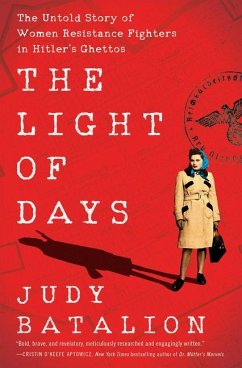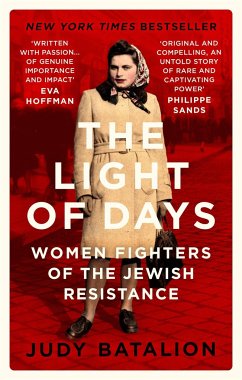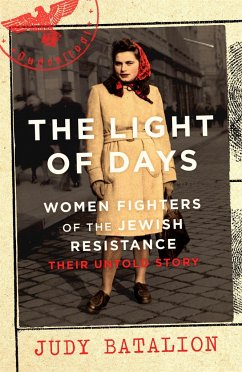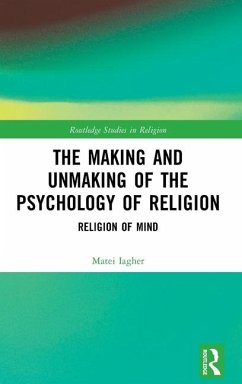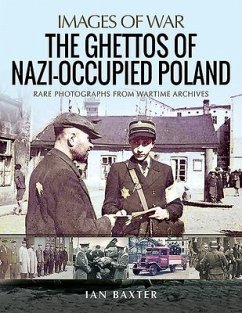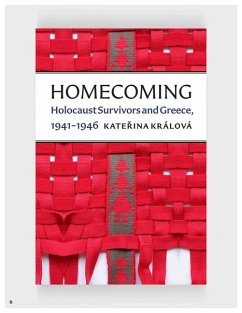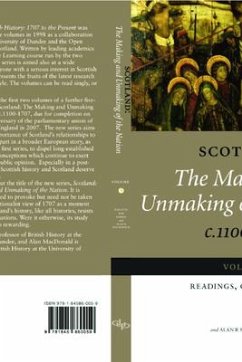
Making and Unmaking Literature in the Warsaw, Lodz, and Vilna Ghettos
Versandkostenfrei!
Versandfertig in 2-4 Wochen
48,99 €
inkl. MwSt.

PAYBACK Punkte
24 °P sammeln!
A study of literature written by Jewish authors while interned in Nazi ghettos emphasizes how authors processed their horrific experiences through poetry and prose. So much Holocaust-era writing was destroyed, and for the most part, we have no way of knowing what was lost along with the very lives of authors. Most of the texts discussed in this book were buried in biscuit tins or milk cans in the Warsaw ghetto's Oyneg Shabes Archive, the massive archival project that documented Jewish life in Poland under German occupation. Making and Unmaking Literature in the Warsaw, Lodz, and Vilna Ghett...
A study of literature written by Jewish authors while interned in Nazi ghettos emphasizes how authors processed their horrific experiences through poetry and prose. So much Holocaust-era writing was destroyed, and for the most part, we have no way of knowing what was lost along with the very lives of authors. Most of the texts discussed in this book were buried in biscuit tins or milk cans in the Warsaw ghetto's Oyneg Shabes Archive, the massive archival project that documented Jewish life in Poland under German occupation. Making and Unmaking Literature in the Warsaw, Lodz, and Vilna Ghettos shows that we cannot take the survival of such works for granted. It also demonstrates that literature was not an aesthetic offshoot of life within Nazi ghettos, but an intrinsic part of it, both in the reading and writing habits of starving inhabitants and in the ways that literature shaped the perception and reception of their realities. Rose delves into work written from within Nazi ghettoes. While historiographical approaches to Holocaust studies presuppose a neat distinction between reportage, on the one hand, and the vagaries of literature, on the other, Sven-Erik Rose shows that it is misguided to privilege the least literary modes of discourse as closer to the brute reality of these catastrophic events. Literature, he argues, was one of the key frameworks victims used to comprehend their traumatic and ever-changing circumstances. Touching on poetry, short prose, novels, and autobiography by Leyb Goldin, Itzhak Katzenelson, Shmuel Marvil, Yehoshue Perle, Zelman Skalov, and others, Rose explores how the distinction between documentary and literary writing has failed to recognize the ways literature was built into everyday life in the ghettos. The book also takes up Theodor Adorno's famous-and widely misread-statement that writing poetry after Auschwitz is impossible. Rose argues that this dictum has led scholars to neglect poetry written during the Holocaust-even though the use of literary genres raised important questions about what it meant to narrate the catastrophic events of ghetto life.




